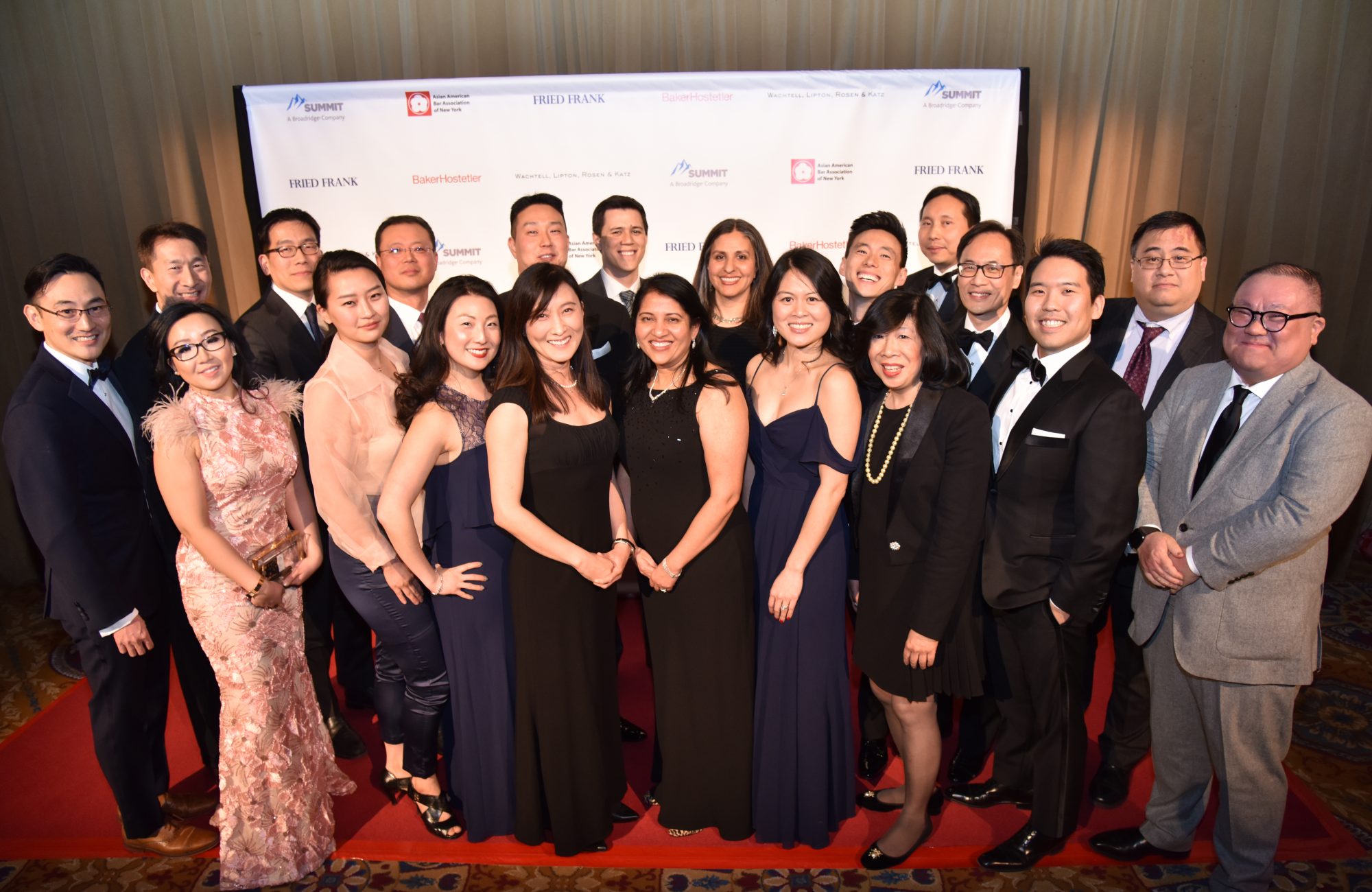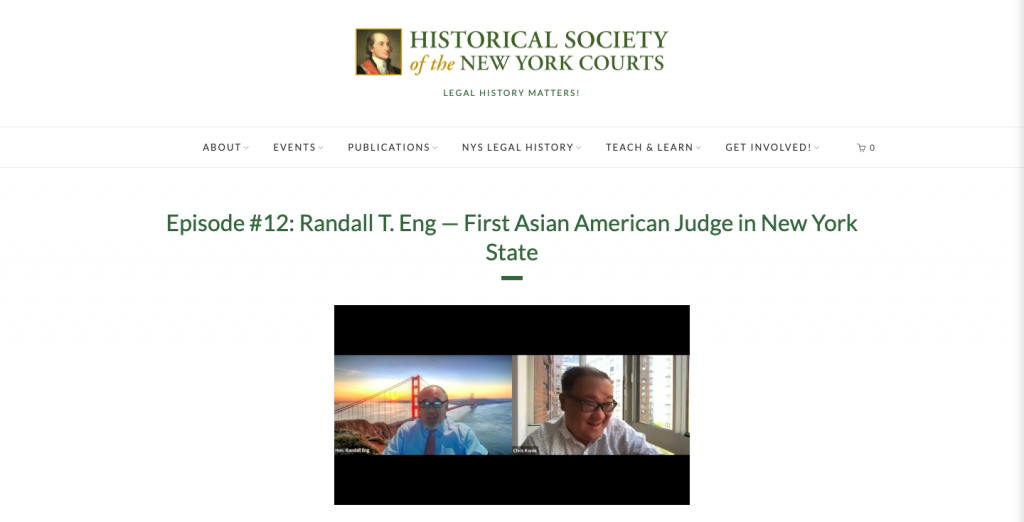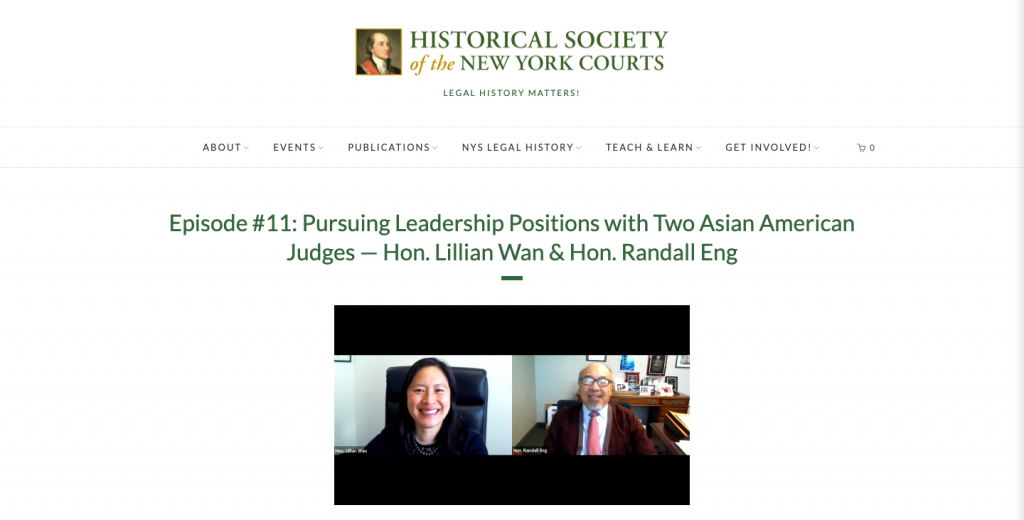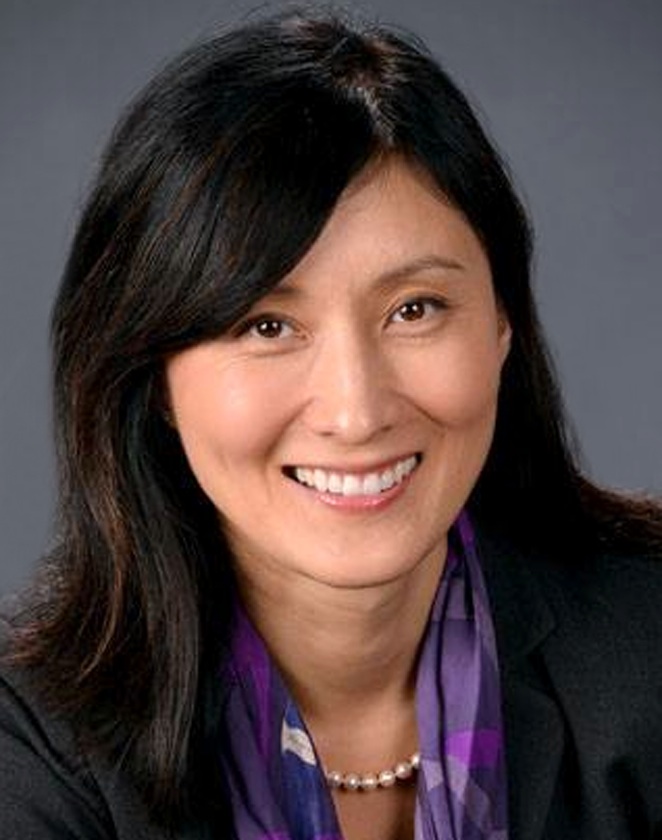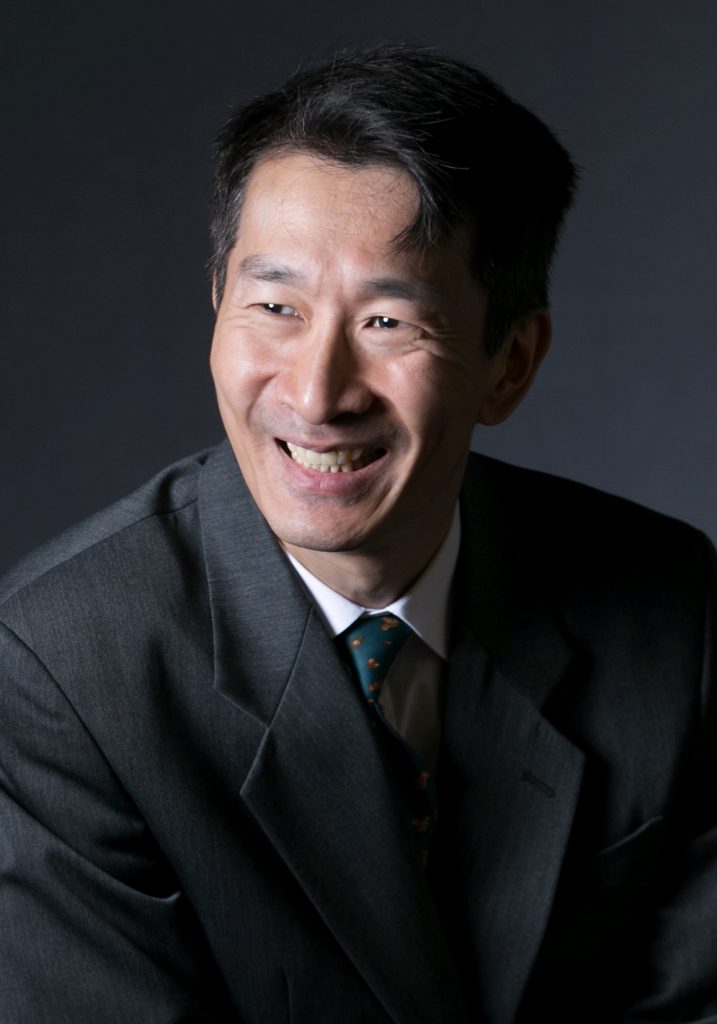WASHINGTON – On September 30, 2021, the White House announced its eighth slate of judicial nominees to serve on the Federal and Washington, D.C. benches, with four Asian American Pacific Islander (AAPI) candidates including several with strong ties to the National Asian Pacific American Bar Association (NAPABA). President Biden has nominated: Judge John H. Chun to serve on the U.S. District Court for the Western District of Washington; Dale E. Ho to serve on the U.S. District Court for the Southern District of New York; Judge Jinsook Ohta to serve on the U.S. District Court for the Southern District of California; and Loren L. AliKhan to serve on the District of Columbia Court of Appeals.
“NAPABA offers its congratulations to Judge Chun, Dale Ho, Judge Ohta, and Loren AliKhan on their nominations,” said A.B. Cruz III, president of NAPABA. “We applaud President Biden for putting forth a strong and historic slate of highly qualified AAPI candidates and for continuing to broaden the diversity of backgrounds and professional experiences to the bench. We urge the Senate to swiftly confirm them.”
Judge John H. Chun
Judge John H. Chun currently sits as a Judge on the Washington State Court of Appeals in Seattle, Washington, after previously serving as a judge on the King County Superior Court from 2014-2018. If confirmed, Judge Chun would be the first AAPI man to preside in the Western District of Washington. He has been recognized as a top Washington “Super Lawyer.” Judge Chun previously served as the President of the Korean American Bar Association of Washington and is also a member of the Asian Bar Association of Washington and NAPABA. He previously clerked for the Hon. Eugene A. Wright on the U.S. Court of Appeals for the Ninth Circuit. Judge Chun is a graduate of Columbia University and Cornell Law School.
Dale E. Ho
Dale E. Ho currently serves as director of the American Civil Liberties Union’s (ACLU) Voting Rights Project and supervises the ACLU’s voting rights litigation across the country. Notably, Ho has argued two crucial cases before the Supreme Court challenging the inclusion of a citizenship question on the 2020 Census and the exclusion of undocumented immigrants from the population count to determine apportionment for the House of Representatives. If confirmed, Ho would be the only active AAPI judge in the district. In 2019, Ho was the recipient of the NAPABA President’s Award and in 2017, was named one of the best Asian American Lawyers Under 40 by NAPABA. He is endorsed by the Asian American Bar Association of New York. Ho previously clerked for the Hon. Barbara Jones on the U.S. District Court for the Southern District of New York and Judge Robert S. Smith of the New York Court of Appeals. He is a graduate of Princeton University and Yale Law School.
Judge Jinsook Ohta
Judge Jinsook Ohta currently sits as a judge on the California Superior Court in San Diego. Previously Judge Ohta served as a Supervising Deputy Attorney General with the California Attorney General’s Office. If confirmed, she would be the first AAPI female judge to preside in the Southern District of California. Judge Ohta is a member of NAPABA and the Korean American Bar Association of San Diego. Judge Ohta previously clerked for the Hon. Barry Ted Moskowitz on the U.S. District Court for the Southern District of California. She is a graduate of Yale University and the New York University School of Law.
Loren L. AliKhan
Loren L. AliKhan currently serves as the Solicitor General of the District of Columbia where she directs the District’s appellate litigation and has overseen more than 1,800 appeals before the D.C. Court of Appeals, the U.S. Court of Appeals for the D.C. Circuit, and the Supreme Court of the United States. If confirmed, AliKhan would be the first AAPI judge to sit on the D.C. Court of Appeals. She is endorsed by the Asian Pacific American Bar Association of the Greater Washington DC Region. Alikhan has been recognized with the Public Sector Trailblazer Award by the South Asian Bar Association of Washington D.C., and previously clerked for the Hon. Thomas L. Ambro on the U.S. Court of Appeals for the Third Circuit, and the Hon. Louis Pollack on the U.S. District Court for the Eastern District of Pennsylvania. AliKhan is a graduate of Bard College at Simon’s Rock and the Georgetown University Law Center.
NAPABA thanks Senators Schumer and Gillibrand of New York, Senators Feinstein and Padilla of California, Senators Murray and Cantwell of Washington, and Delegate Norton of Washington D.C. for their support of these nominees.
| ### |
| The National Asian Pacific American Bar Association (NAPABA), represents the interests of over 60,000 Asian Pacific American (APA) legal professionals and nearly 90 national, state, and local APA bar associations. NAPABA is a leader in addressing civil rights issues confronting APA communities. Through its national network, NAPABA provides a strong voice for increased diversity of the federal and state judiciaries, advocates for equal opportunity in the workplace, works to eliminate hate crimes and anti-immigrant sentiment, and promotes the professional development of people of all backgrounds in the legal profession. |
